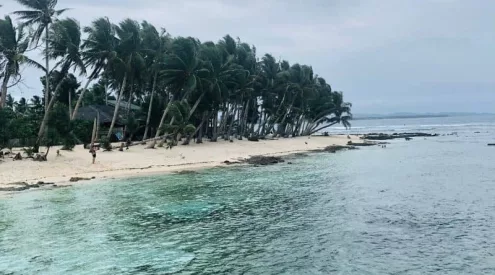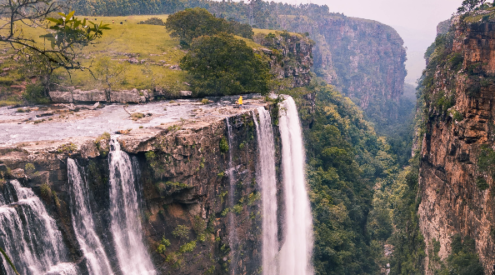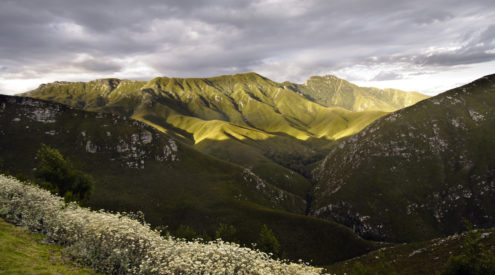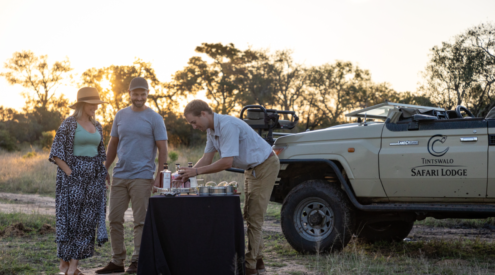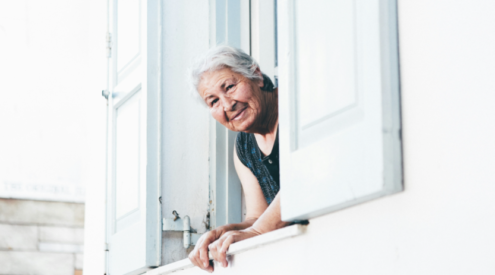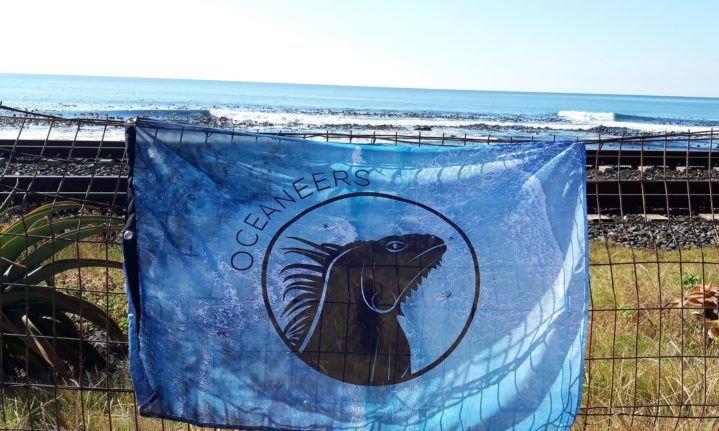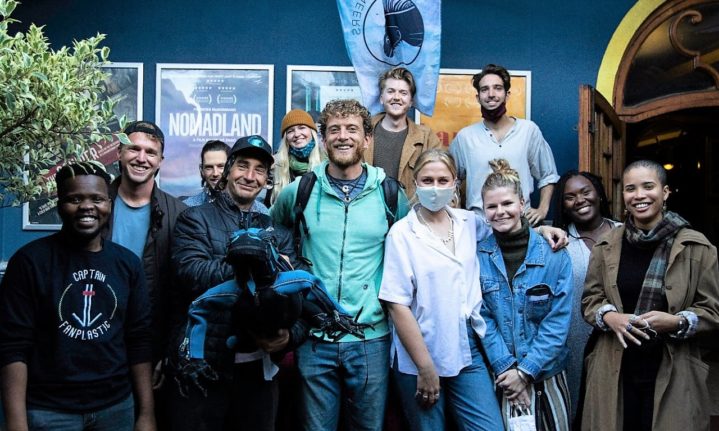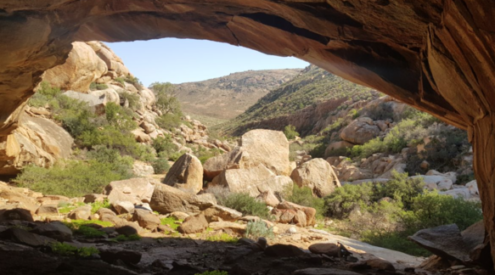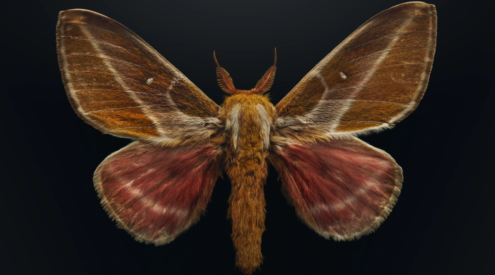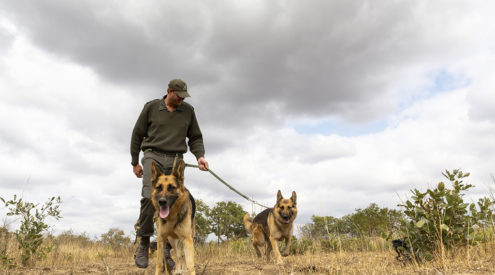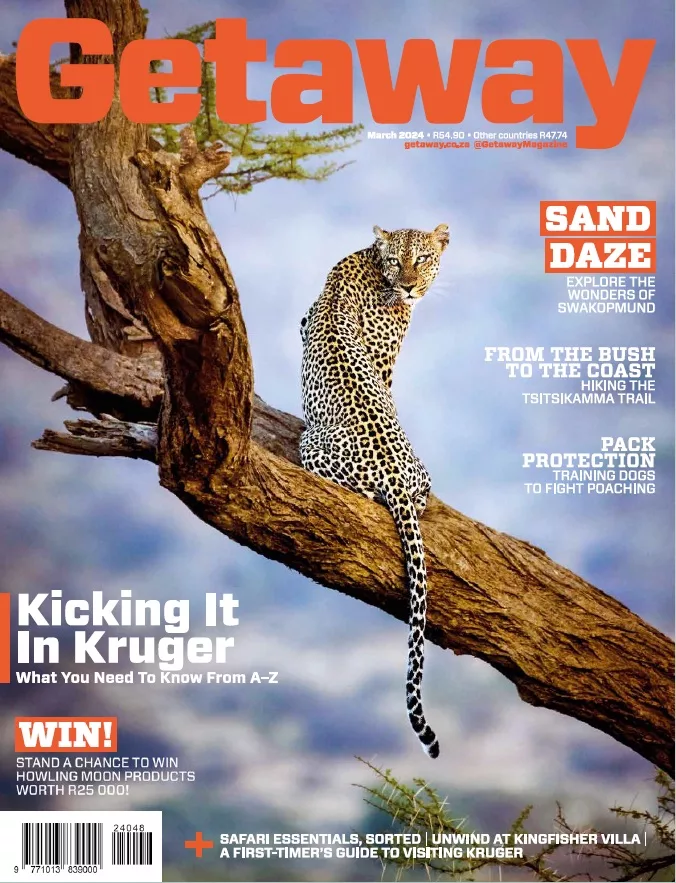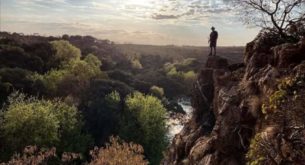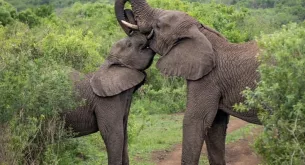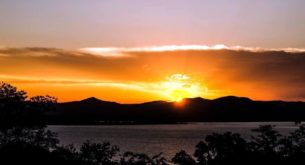Many people have chosen lifestyles and joined communities that promote healthier oceans and environments by reducing meat consumption, plastic use and carbon emissions.
So, when I first encountered a community that calls themselves Oceaneers, spreading awareness about the importance of our food choices, I thought I knew what to expect. I was wrong.
Sitting down with Kaspar Paur, founder of the Cape Town-based movement, a whole new world opened up for me. This is a group of people who genuinely bring about change in the way we live and see the world. And, importantly, they know and appreciate that making changes and sacrifices is
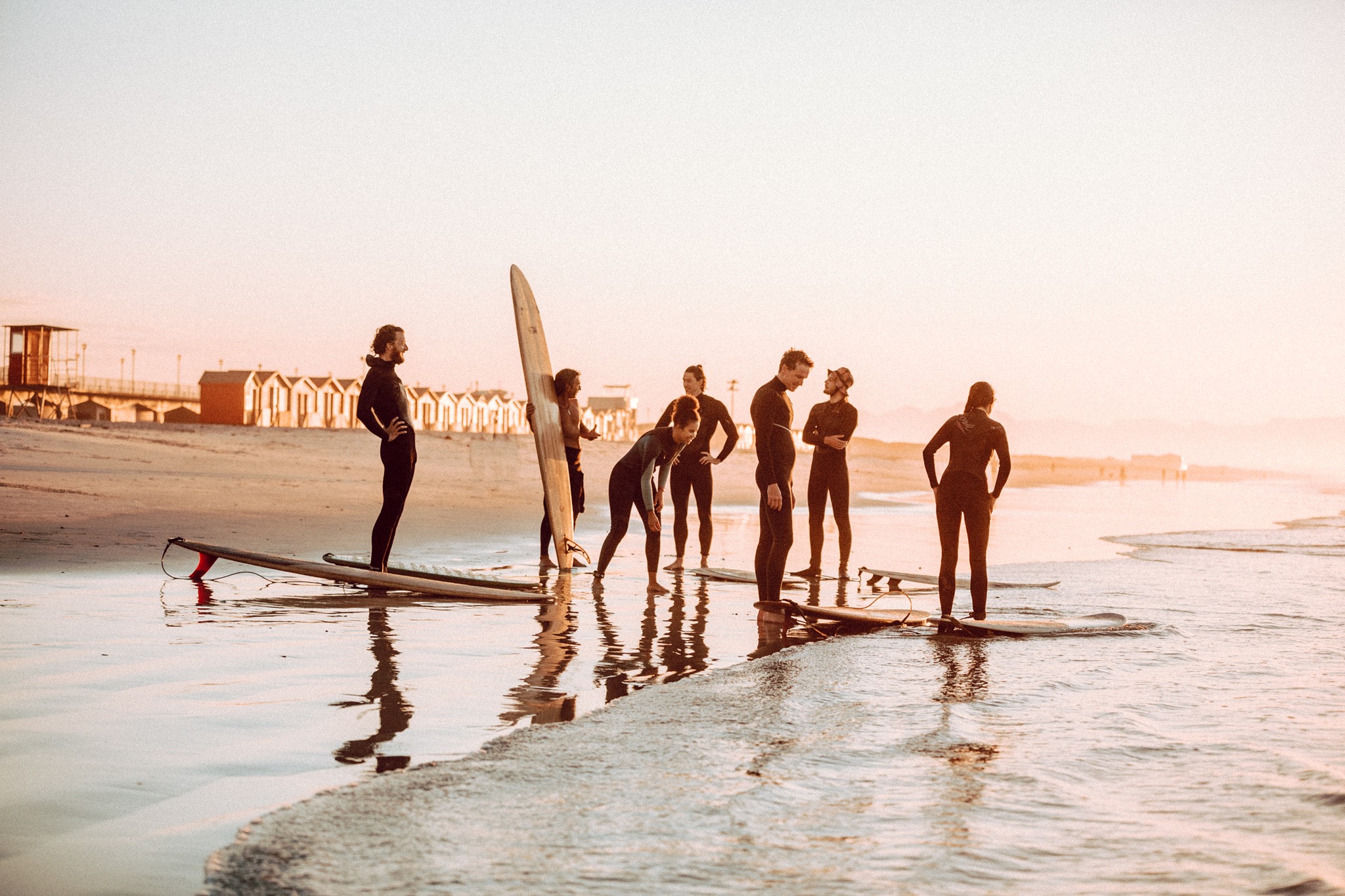
Surfing is one of the shared passions among many of the group members.
They describe themselves as “A community of Ocean-aficionados who are driven by a shared passion and a shared purpose”. The shared passion? Getting salty and wet. The shared purpose? Eating for the oceans.
Essentially, apart from joining in on fun outdoor adventures, signing up to become an Oceaneer involves taking a pledge to reduce the volume of industrially fished and farmed animal products we consume, and being more conscious about what we eat and where it comes from.
“The ocean and the environment have given us so much. What do we give in return? I’ve asked myself, what role do I play in the world?” Kaspar says. “And I realised that we don’t have to be intimidated by the challenges the planet is facing. Doing something simple like making different food choices is completely within our reach, and thus feels incredibly empowering.”
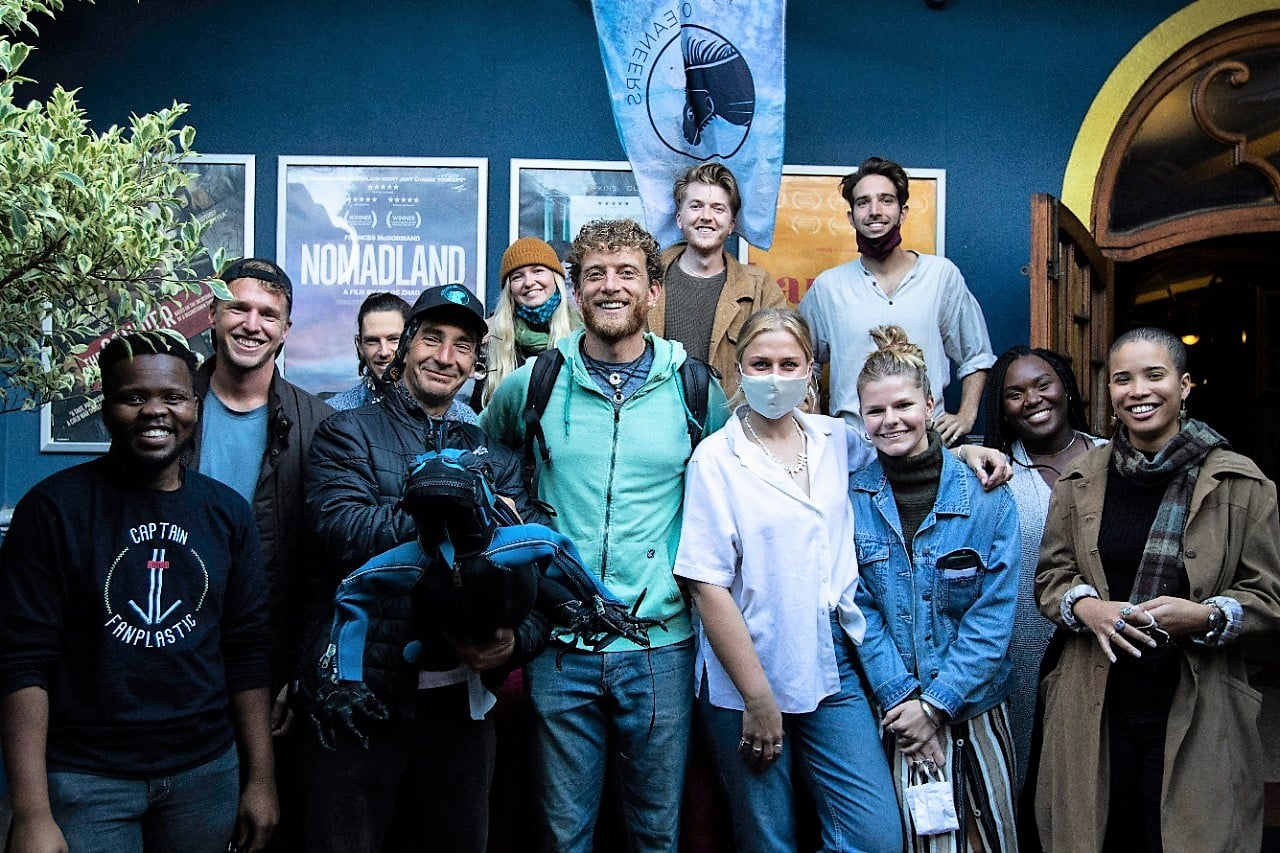
Kaspar in the middle with a bunch of Oceaneers.
This doesn’t mean you have to go fully plant-based to join them on the journey. Rather, the goal is to motivate each other not to support large commercial fishing fleets that are purely driven by profit and destroy animals in their wake. The same goes for factory farms where animals are not treated ethically, the land is overfarmed and more often than not, harmful hormones and antibiotics are used excessively. In contrast, spear or line fishing catching on one animal at a time, or small farms with holistic methods have a more sustainable approach, deliver healthier products and in addition, supports local small business owners.
Plenty of fish in the sea? Think again. Up to 40% of fish caught globally is discarded as by-catch. Of the current fish stocks in the ocean, 52% are fully exploited, 17% overexploited, and 7% depleted. And, 75% of global farmland could be rewilded if we stopped eating land-based animal products – that’s an area equivalent to the EU, US, China and Australia combined.
Things are not looking much brighter for livestock. The Science Institute estimates that over 90% of farmed animals globally are living in factory farms at present.
So, what can we do? That’s the beauty of it. Don’t get up one morning and change your whole lifestyle completely. “Immediate drastic, radical changes are physically and emotionally taxing, and mostly not sustainable. Rather, gather information, start a reduction journey and join a warm and inviting community that supports you along the way,” Kaspar says. The group will also offer helpful practical tips and advice on how to go forward.
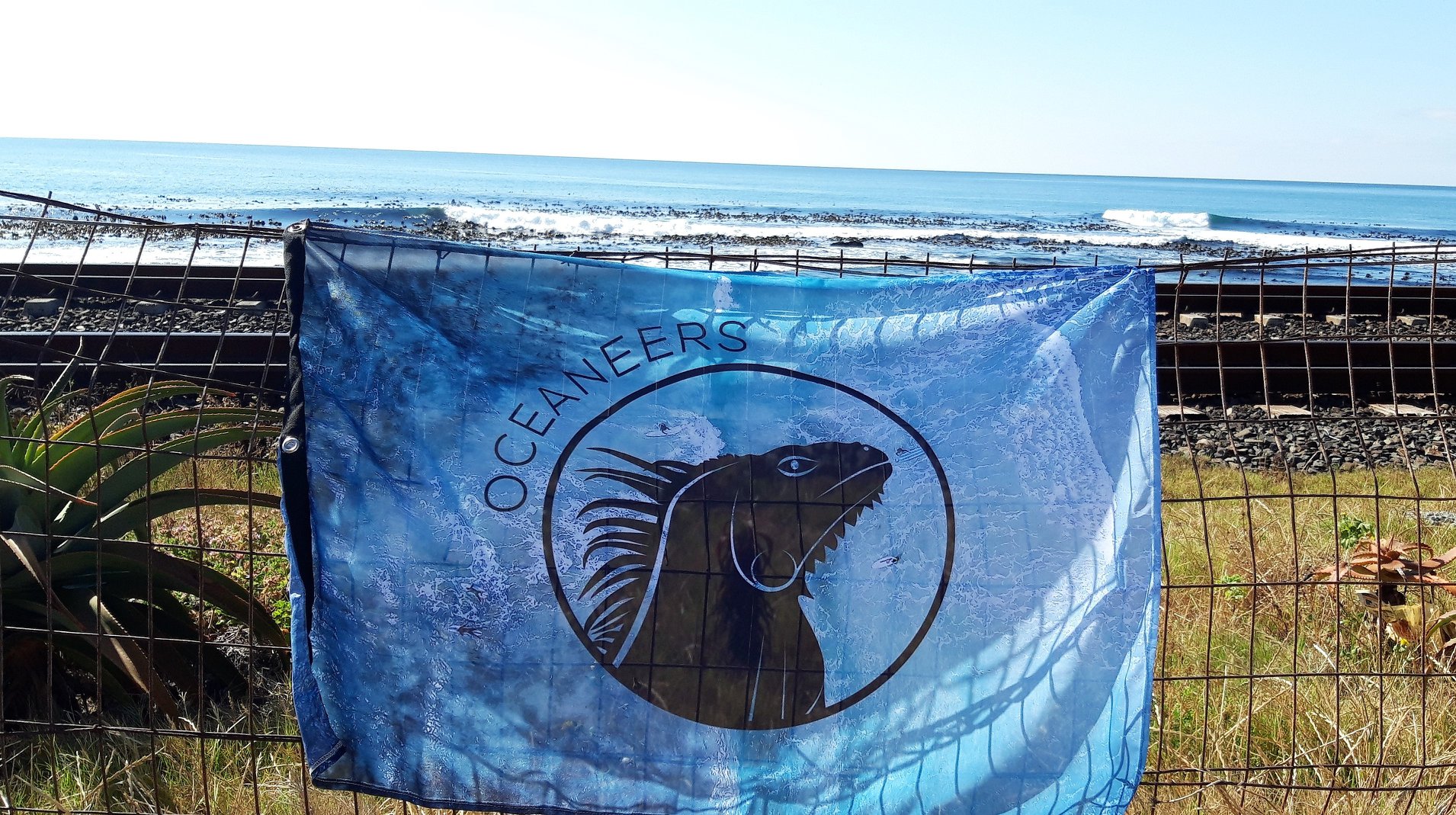
Iggy, the marine iguana is the group’s mascot and logo.
In the meantime, the Oceaneers will be hosting exciting events like hikes, surfing sessions and other beach, ocean or nature-related activities where you can meet these passionate guys and girls.
To find out what else the Oceaneers are up to, visit their website. To sign up and become an Oceaneer, go here.
Pictures: Oceaneers


